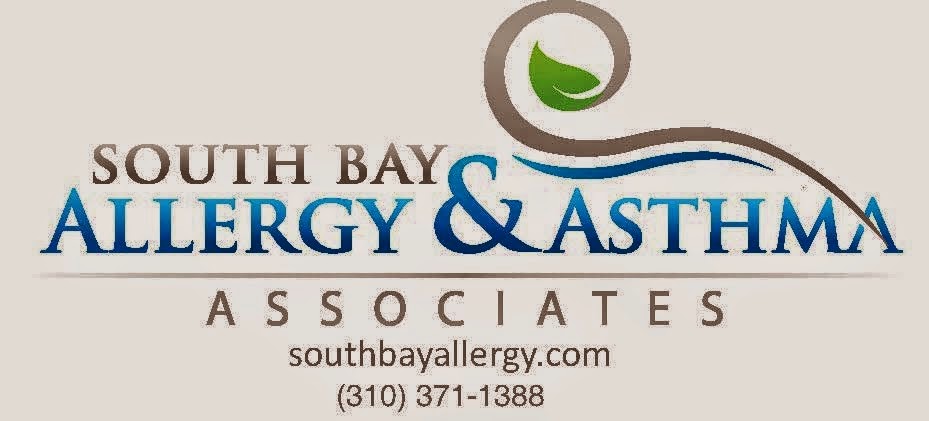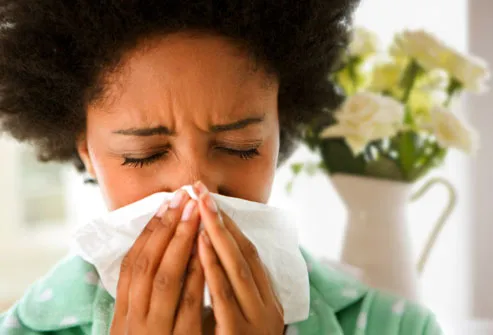For a peanut allergic person, it is not safe to eat cold-pressed, expressed, or extruded peanut oil, which are sometimes represented as "gourmet oils" -- these tend to contain the highly allergenic peanut protein. On the other hand, it has been shown that peanut allergic individuals can safely eat high-temperature, heat-processed, fully refined peanut oil (refined, bleached and deodorized), which means the proteins in the oil are stripped out during the processing.
Certain restaurants such as Chick Fil-A do offer detailed information regarding their use of only this highly refined peanut oil, which is generally safe for peanut allergic patients. However, in the absence of such detailed information, we would advise avoidance of peanut oils if you are severely allergic to peanuts.
For more on testing for peanut and other allergies, go to SouthBayAllergy.comA list of foods that may be hidden sources of peanut protein is available at http://www.foodallergy.org/page/peanut-allergy.
Source: FAAN






